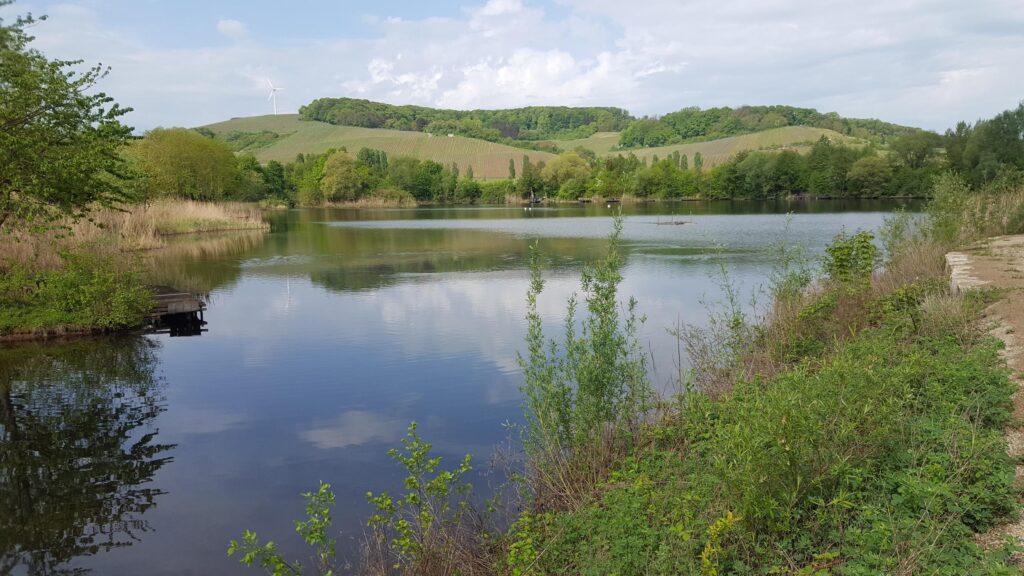Blocking time is a piece of advice I’ve been following in and out.
In, as it often does work for me. Out, as there are times where it doesn’t work at all.
Would more consistency be the solution? It depends.
In a recent blog post, a friend asked if we are working at our best or just working.
There Andy shared the idea to block time for ourselves in our calendars, but to me, his wisdom went beyond. He described how he organizes himself. He reserves himself a minimum of 30 min between coaching sessions. He is also reserving himself a half day for his own projects.
Between these lines, there is the knowledge, that depending on the work we want to do, we also need to know what kind of time this work needs from us.
Basically, an hour is an hour. But does an hour have the same meaning for all of us?
It doesn’t.
If your work to have decisions made, then I am assuming that you need time to assess these decisions with your team. Your work will also imply to help them make those decisions they need your help for. Once the information is on the table decisions don’t need that much time anymore. You’ll organize your time in “management chunks” or meetings where decisions are made to perform at your best.
If the work you are up to next is to prepare decisions, then the type of time you need can be twofold. It is either short bursts of time reaching out to all those who can contribute to your analysis. Or it is a longer chunk of time during which you need to put all the collected information together and analyze. The conclusion you’ve come to will help those who make the decision.
If your work is about creating knowledge, then you’ll organize your time into two modes. One mode is about focusing on understanding and collecting the information needed. The other mode is to allow the information to sink in and develop new ideas. Barbara Oakley calls these modes focused and diffuse thinking modes. In this video, she explains how they lead to different types of activities.
Knowing what kind of work we are doing helps us see how to organize our time. One of the things I learned is that by attributing more time to some activities I was able to reduce the time on others.
Knowing the results we want to achieve helps us to know how to align our use of time. Taking some time between coaching sessions, for example, is an excellent way to be prepared. This time lets us disconnect from the previous session and helps to connect with the next session.
Finding how to adapt your time to benefit your work and your overall goal is the start. Blocking that time in your calendar is still essential. It’s a reminder that you know that you need this time to be working and living at your best. It makes it easier to say No when others want your time.

